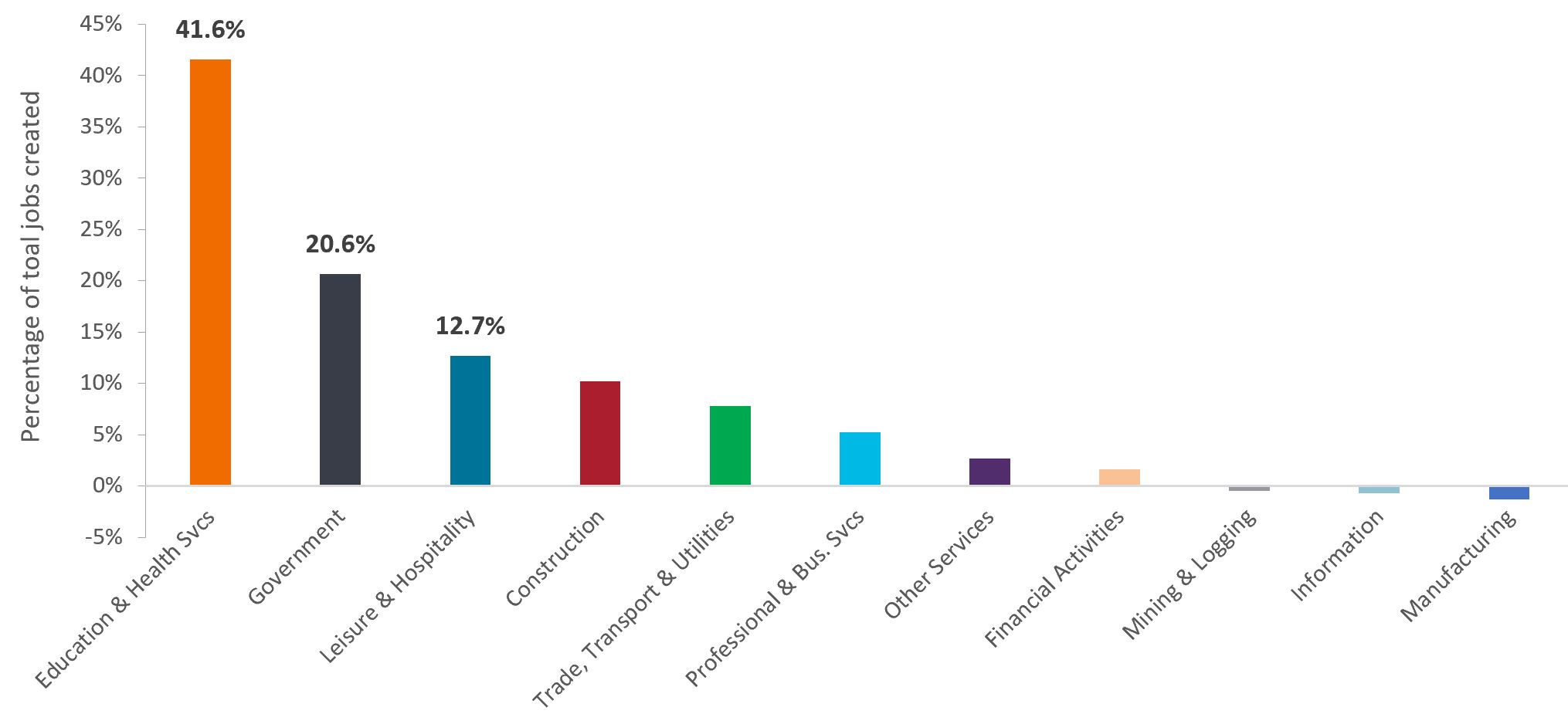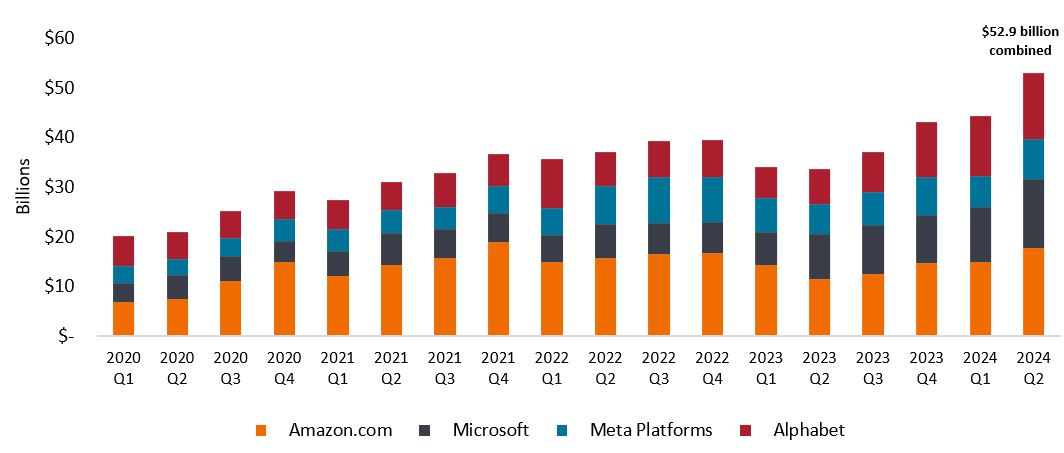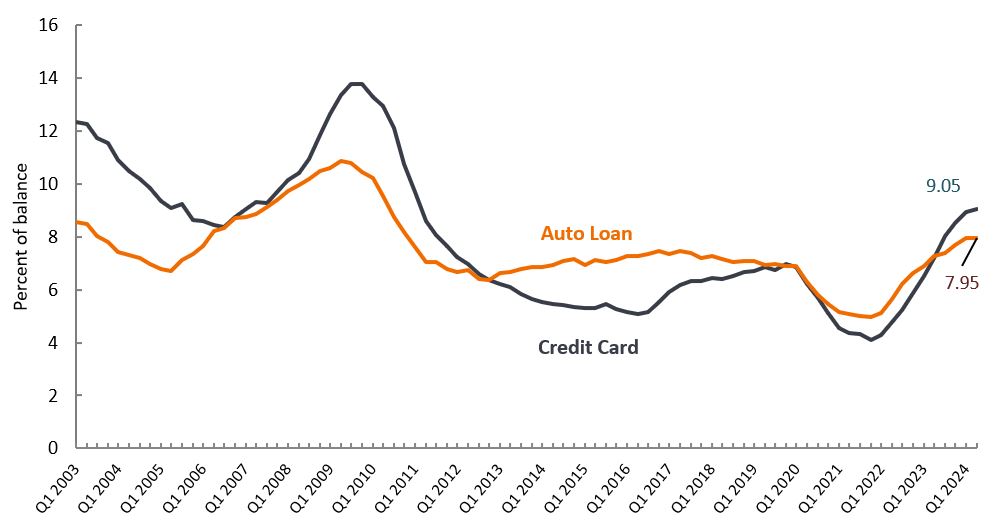Janus Henderson’s 2024 Investor Survey shows U.S. mass affluent and high-net-worth investors have a decreased risk appetite in 2024 compared to 2023. When asked about their top concerns for late 2024 into early 2025, over 70% of respondents cited the U.S. presidential election, geopolitical events, and persistent inflation.
In light of these findings, we asked three of our U.S. equity portfolio managers what they deem key market risks in the months ahead. While the worries investors cited in the survey are not among our portfolio manager’s top areas of concern, that is not to say they are not important when assessing today’s market environment.
The inflation picture has improved considerably in 2024, yet higher prices are still having an impact on consumer spending. Geopolitical risks – namely the Russia-Ukraine war, China-Taiwan tensions, and Middle East conflicts – form a constant backdrop. These events threaten to disrupt supply chains, increase inflationary pressures, and undermine investor confidence. However, predicting the likelihood of such events is challenging, and we’d instead advocate for a focus on quality companies and a diversified portfolio to help mitigate the potential impact.
The U.S. presidential election could also cause near-term volatility, but we believe broader economic drivers and company fundamentals will be the prevailing influence over the market’s ultimate winners and losers.
Our portfolio managers remain largely optimistic about economic and earnings outlooks, but they offered the following perspective on the risks they’re tracking closely in the months ahead.


































